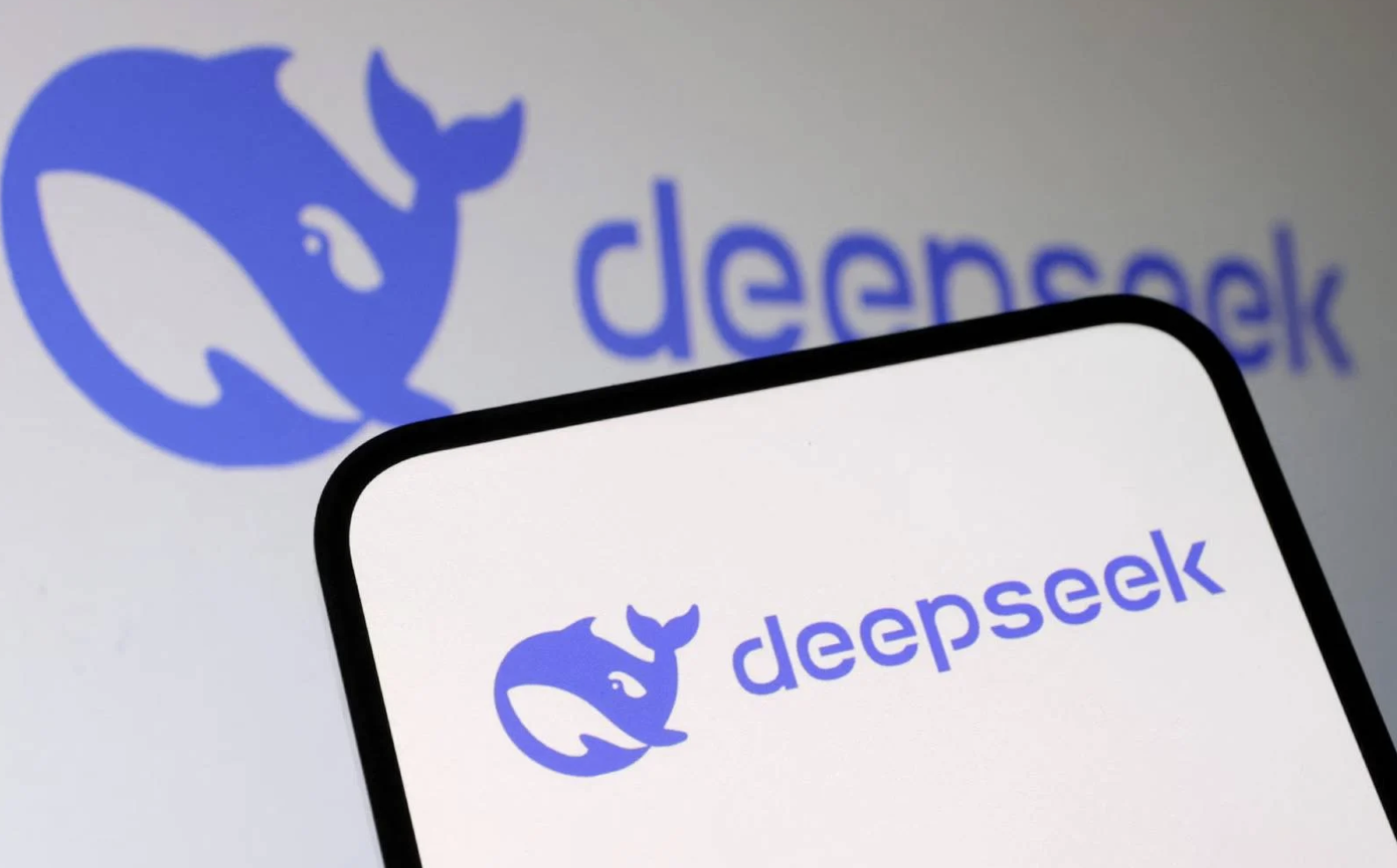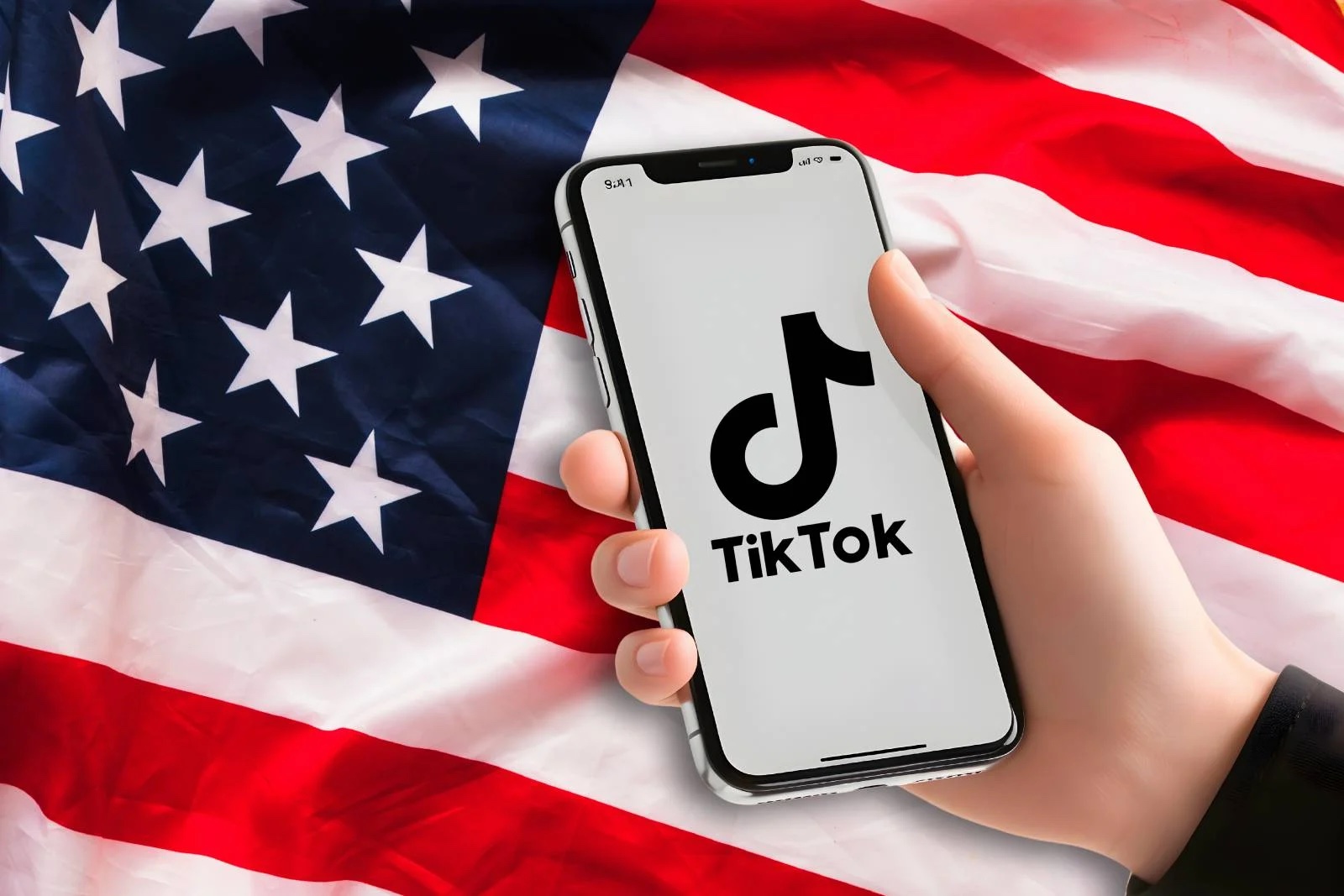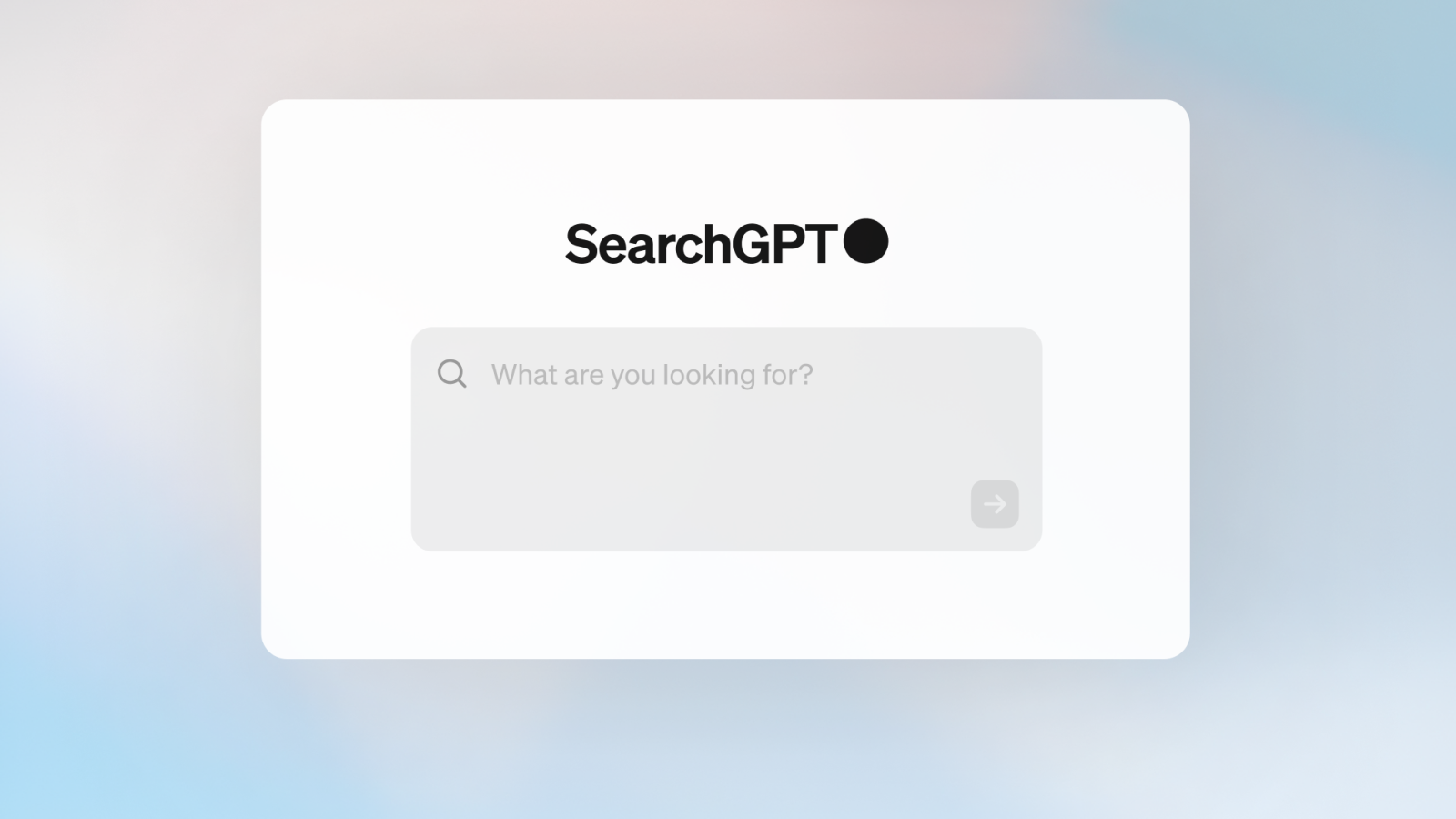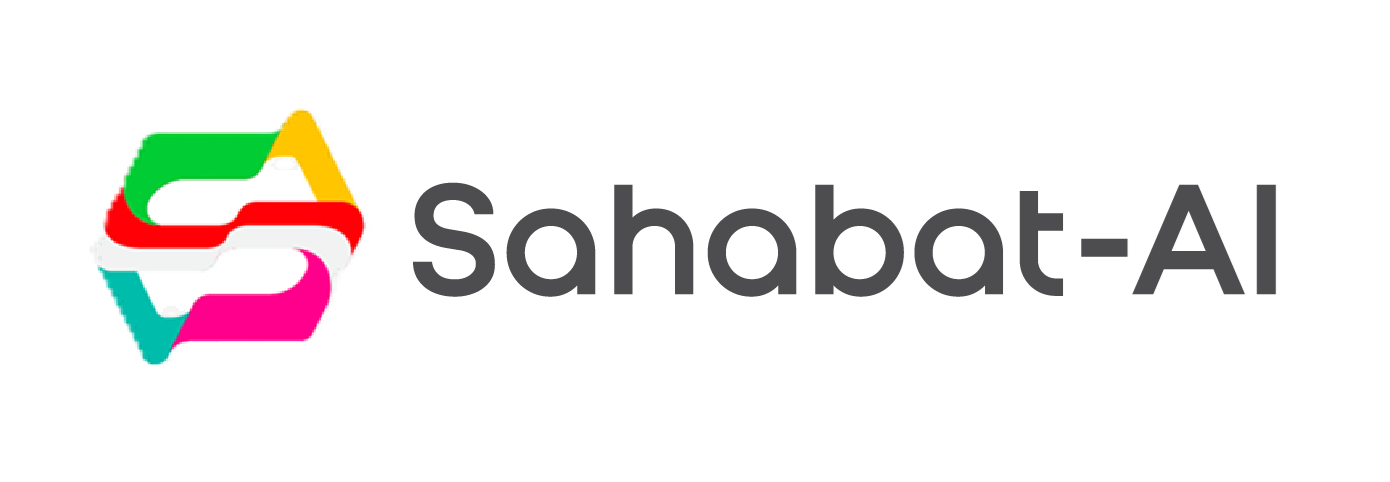In a move that could shake up the search engine landscape, OpenAI has launched a powerful new search feature within its popular ChatGPT chatbot. The new “SearchGPT” tool positions OpenAI’s AI as a direct competitor to traditional search engines like Google and Microsoft’s Bing.
The ChatGPT search functionality allows users to get up-to-the-minute information on sports, stocks, news, weather, and more. Powered by real-time web search and partnerships with leading data providers, SearchGPT offers a more natural, conversational search experience.
“I find it to be a way faster/easier way to get the information I’m looking for,” said OpenAI CEO Sam Altman. “I also look forward to a future where a search query can dynamically render a custom web page in response!”
This latest addition to ChatGPT is seen as a potential threat to Google’s dominance in the search market. Since ChatGPT’s launch in late 2022, there have been concerns that the advanced AI could chip away at Google’s search engine market share by providing consumers with new ways to find information online.
Alphabet’s stock dipped slightly following the announcement of the ChatGPT search feature.
The move also positions OpenAI as a stronger competitor to Microsoft, which has invested close to $14 billion in the AI company. OpenAI confirmed that Microsoft’s Bing search engine is an “important” part of the backend powering SearchGPT.
Beyond just serving up search results, ChatGPT’s new capability allows users to engage in a back-and-forth dialogue, asking follow-up questions and getting dynamically generated responses – blurring the lines between search and conversational AI.
“We use a set of services and Bing is an important one,” said OpenAI’s engineering VP Srinivas Narayanan in a Reddit AMA.
The search feature is currently available to ChatGPT Plus and Team subscribers, as well as those on a waitlist. OpenAI plans to roll it out to free ChatGPT users in the coming months.
This development comes at a time of growing scrutiny and controversy around OpenAI’s operations. The company has faced criticism over its transition to a for-profit model, as well as the departure of key executives concerned about the company’s focus on “shiny products” at the expense of safety.
Nonetheless, OpenAI’s latest innovation demonstrates the company’s ambition to expand beyond just chatbots and challenge the dominance of traditional tech giants in core areas like search. The implications for the broader AI and tech landscape remain to be seen.










